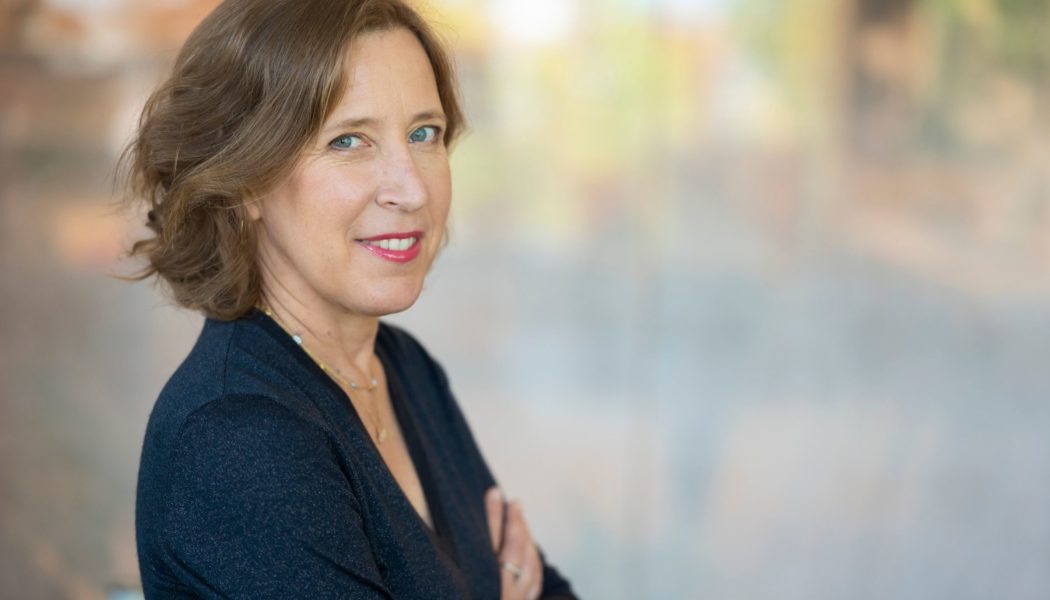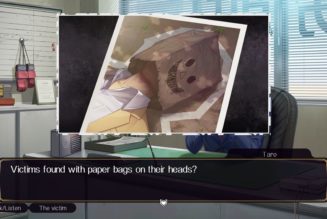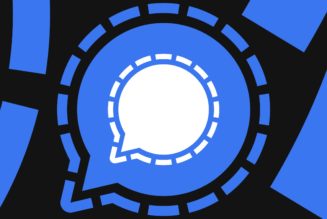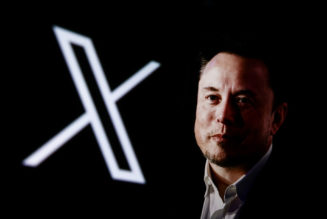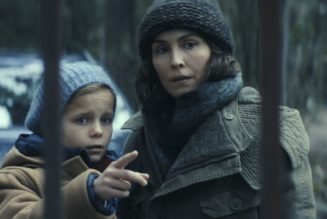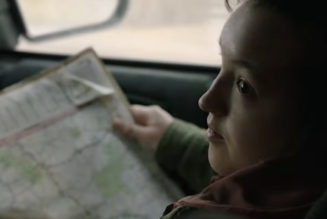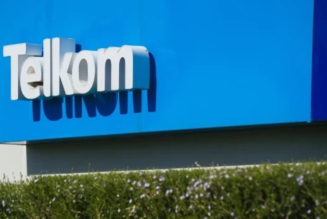The former YouTube CEO was battling non-small cell lung cancer.
Share this story
See our ethics statement.
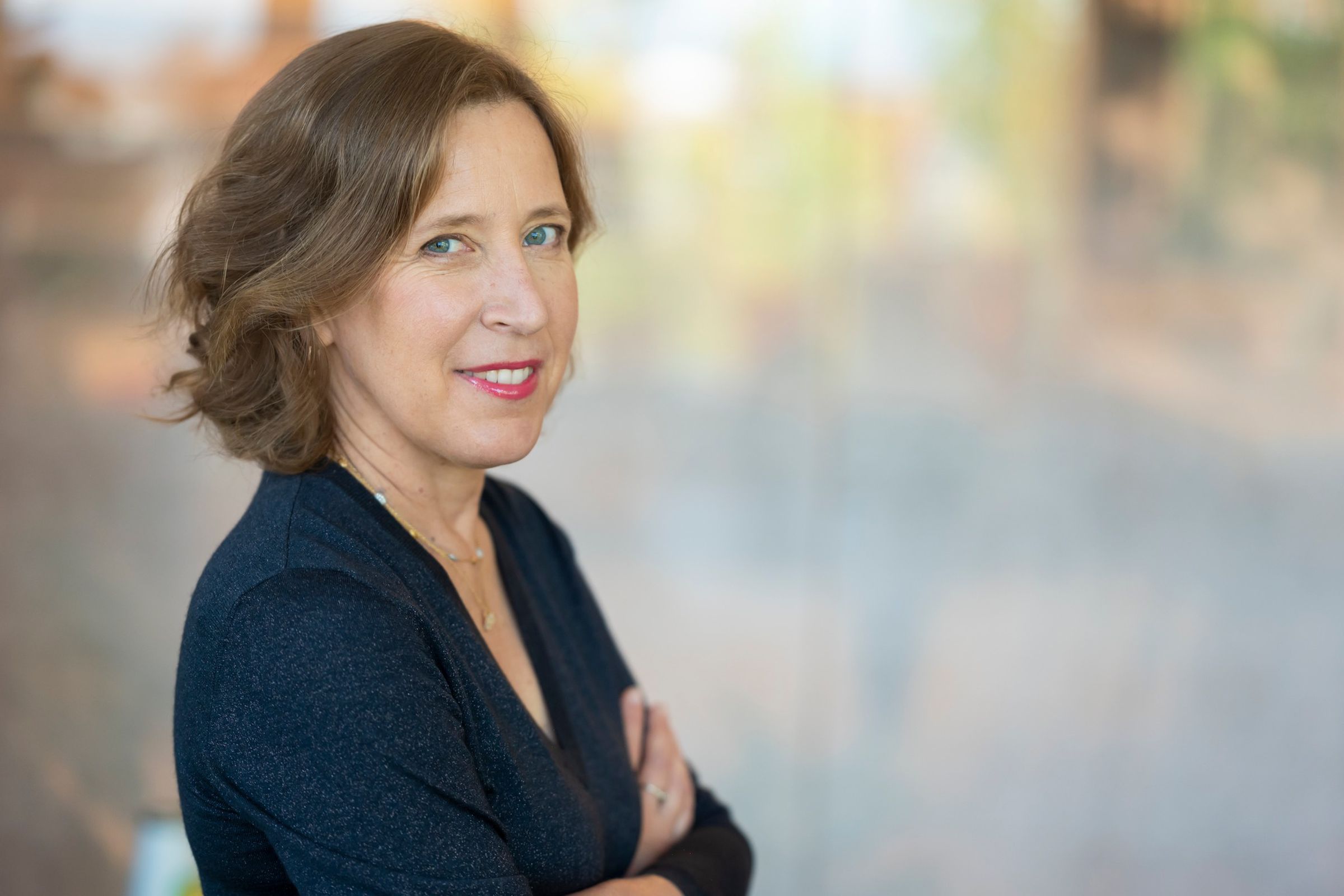
Susan Wojcicki, Google’s 16th employee who helped jumpstart the company in her garage, ran its advertising business, and then helmed YouTube for most of the past decade, has died at 56, according to posts by her husband Dennis Troper and Google CEO Sundar Pichai.
She joined Google in 1998 and was CEO of YouTube from February 2014 until February 2023, when she stepped down to focus on “family, health, and personal projects.” Troper and Pichai say she had been battling non-small cell lung cancer. Her son, Marco Troper, died earlier this year.
In 2014, we called her one of the 50 most important people shaping the world. Beyond helping build Google into one of the most important companies of the past two decades, she helped transform YouTube into the place where the next generation of celebrities and influencers are born.
Wojcicki was long considered one of the most powerful women in the company, reporting directly to Google’s co-founders for most of her tenure. In 2011, The San Jose Mercury News reported that she personally convinced Google’s board to buy YouTube.
Perhaps most significantly, Wojcicki helped erect Google’s massive advertising business; she helped create AdSense and has been credited with personally architecting Google’s 2007 acquisition of DoubleClick, a deal thought to have been critical to the foundation of Google’s ad empire. Google is currently facing an antitrust lawsuit from the US Justice Department over its alleged monopoly over the digital advertising market.
Google CEO Sundar Pichai has published this public memo about Wojcicki’s death, which is also being distributed to Google employees:
Googlers,
By now you may have heard the news that Susan Wojcicki has passed away after two years of living with lung cancer. Even as I write this it feels impossible to me that it’s true. Susan was one of the most active and vibrant people I have ever met. Her loss is devastating for all of us who know and love her, for the thousands of Googlers she led over the years, and for millions of people all over the world who looked up to her, benefited from her advocacy and leadership, and felt the impact of the incredible things she created at Google, YouTube, and beyond.
Susan’s journey, from the garage she rented to Larry and Sergey … to leading teams across consumer products and building our Ads business … to becoming the CEO of YouTube, one of the world’s most significant platforms, is inspiring by any measure. But she didn’t stop there. As one of the earliest Googlers — and the first to take maternity leave — Susan used her position to build a better workplace for everyone. And in the years that followed, her advocacy around parental leave set a new standard for businesses everywhere. Susan was also deeply passionate about education. She realized early on that YouTube could be a learning platform for the world and championed “edutubers” — especially those who extended the reach of STEM education to underserved communities.
Over the last two years, even as she dealt with great personal difficulties, Susan devoted herself to making the world better through her philanthropy, including supporting research for the disease that ultimately took her life. I know that was very meaningful to her and I’m so glad she took the time to do it.
Susan always put others first, both in her values and in the day to day. I’ll never forget her kindness to me as a prospective “Noogler” 20 years ago. During my Google interview she took me out for an ice cream and a walk around campus. I was sold – on Google and Susan.
I feel so fortunate to have spent so many years working with Susan closely, as I’m sure many of you do — she was absolutely loved by her teams here. Her time on earth was far too short, but she made every minute count.
We’re in close touch with Susan’s family, including her husband and fellow Googler, Dennis. We will share more soon about how we’re going to celebrate her incredible life. In the meantime, let’s honor Susan’s memory by continuing to build a Google she would be proud of.
-Sundar
